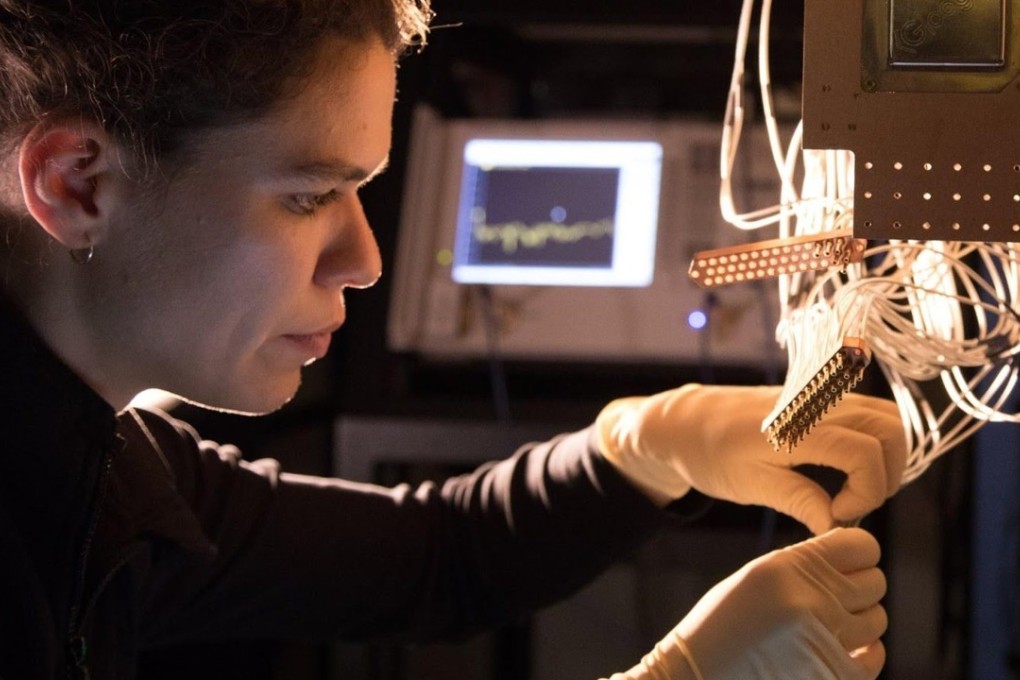China’s race for the mother of all supercomputers just got more crowded
Baidu, Alibaba and Tencent jockey for position in the development of quantum computing, which delivers a faster and more efficient approach to processing information than today’s fastest computers

Long considered the Holy Grail for nations, quantum computing is poised to move on the fast track in China as the mainland’s internet giants pour new investment into this field, boosting efforts by the country to become a hi-tech innovation powerhouse.
Baidu, Alibaba Group Holding and Tencent Holdings – the Chinese internet triumvirate known by the acronym BAT – are now competing head-to-head in quantum computing research, funding projects that could give them a toehold stake in the commercial development of the mother of all supercomputers.
Quantum computers, which take a new approach to processing information, are theoretically capable of making calculations that are orders of magnitude faster than what the world’s most powerful supercomputers can do.
Online search company Baidu said on Thursday that it will launch its own institute for quantum computing, a research initiative that will focus on software applications in this field. That followed separate quantum computing programmes previously launched by Alibaba and Tencent.
Those initiatives have come after the Chinese government last year set out to build what will be the world’s biggest quantum computing research complex at a 37-hectare site in Hefei, capital of the eastern province of Anhui, at a cost of 76 billion yuan (US$11.9 billion).
Its mission is to develop a quantum computer that can be used by the military to crack the most secure encrypted codes in seconds and enable submarines to operate on stealth mode underwater for more than three months.